Dry and damaged hair can be a source of frustration and self-consciousness for many people. Whether caused by external factors like harsh weather or internal factors such as poor nutrition, dry and damaged hair requires special care and attention. In this article, we will explore the causes of dry and damaged hair, the importance of proper hair care, and effective solutions to restore health and vitality to your hair.
Understanding Dry and Damaged Hair
Definition and Causes
Dry hair is characterized by a lack of moisture and natural oils, leading to brittleness, frizziness, and a dull appearance. Damaged hair, on the other hand, refers to hair that has been physically or chemically altered, resulting in breakage, split ends, and a weakened structure. Common causes of dry and damaged hair include:
- Overexposure to the sun’s UV rays
- Excessive use of heat-styling tools
- Regular coloring, perming, or relaxing treatments
- Environmental factors like wind, humidity, and pollution
- Improper hair care routine or using harsh products
Common Symptoms
Identifying the symptoms of dry and damaged hair is crucial in order to address the issue effectively. Some common signs to look out for include:
- Rough texture and lack of smoothness
- Frizz and flyaways
- Split ends and breakage
- Dull and lifeless appearance
- Itchy and flaky scalp
The Importance of Proper Hair Care
Maintaining healthy hair requires a proactive approach to care and regular maintenance. By adopting a few simple practices, you can significantly improve the condition of your hair and prevent further damage.
Preventive Measures
Prevention is key when it comes to dry and damaged hair. Here are some preventive measures to incorporate into your routine:
- Limit the use of heat-styling tools and use a heat protectant spray before styling.
- Wear a hat or use protective hairstyles to shield your hair from the sun and harsh weather conditions.
- Avoid tight hairstyles that cause tension and breakage.
- Use a wide-toothed comb or a brush with soft bristles to detangle your hair gently.
- Sleep on a silk or satin pillowcase to reduce friction and minimize hair damage.
Regular Maintenance
In addition to preventive measures, regular maintenance plays a crucial role in keeping your hair healthy and nourished. Here are some essential practices to include in your hair care routine:
- Use a mild, moisturizing shampoo and conditioner suitable for your hair type.
- Limit washing your hair to every other day or a few times a week to preserve its natural oils.
- Incorporate a deep conditioning treatment or hair mask once a week to provide extra hydration and nourishment.
- Avoid brushing wet hair to prevent breakage; instead, use a wide-toothed comb or your fingers to detangle gently.
- Schedule regular trims every 6-8 weeks to remove split ends and promote healthy hair growth.
Effective Solutions for Dry and Damaged Hair
When it comes to tackling dry and damaged hair, there are several solutions that can help restore its health and vitality. Let’s explore some of these solutions in detail:
Choosing the Right Shampoo and Conditioner
Using the right shampoo and conditioner is essential for addressing specific hair concerns. Look for products that are specially formulated for dry and damaged hair, containing ingredients like:
- Hyaluronic acid for hydration
- Keratin for strengthening
- Argan oil for nourishment
- Shea butter for moisture retention
Deep Conditioning Treatments
Deep conditioning treatments provide intense hydration and repair damaged hair. Consider using a deep conditioning mask or treatment once a week to restore moisture, improve elasticity, and enhance the overall health of your hair. Leave the treatment on for the recommended time and rinse thoroughly for best results.
Natural Remedies and Home Treatments
Nature offers a range of remedies to restore moisture and vitality to your hair. Some effective home treatments include:
- Coconut oil: Apply warm coconut oil to your hair, leave it on for a few hours or overnight, and then shampoo it out. Coconut oil helps nourish and moisturize dry hair.
- Avocado mask: Mash a ripe avocado and mix it with a tablespoon of honey and olive oil. Apply this mixture to your hair, leave it on for 30 minutes, and rinse thoroughly. Avocado is rich in vitamins and healthy fats that can rejuvenate dry and damaged hair.
- Aloe vera gel: Extract fresh aloe vera gel from the plant and apply it to your scalp and hair. Leave it on for 20-30 minutes and then rinse. Aloe vera helps soothe the scalp and moisturize the hair.
Trimming and Regular Haircuts
Regular trimming is essential to remove split ends and prevent further damage. Aim to get a trim every 6-8 weeks to keep your hair healthy and promote growth. Additionally, consider getting regular haircuts to remove any damaged or severely dry sections of hair, allowing for healthier regrowth.
Protecting Hair from Heat and Styling Damage
Excessive heat styling can cause significant damage to your hair over time. To minimize the impact:
- Use heat protectant sprays or serums before using hot tools like flat irons, curling irons, or blow dryers.
- Set the tools at lower temperatures and avoid prolonged exposure to high heat.
- Opt for heatless hairstyles like braids, buns, or air-drying whenever possible.
Lifestyle and Dietary Factors
In addition to external hair care practices, certain lifestyle and dietary factors can greatly influence the health of your hair.
Hydration and Nutrition
Drinking an adequate amount of water throughout the day is crucial for maintaining hair hydration. Additionally, consuming a well-balanced diet that includes protein, vitamins (especially biotin and vitamin E), and minerals (like zinc and iron) can promote healthy hair growth and combat dryness.
Reducing Stress Levels
Stress can take a toll on your overall health, including the condition of your hair. Practice stress management techniques such as exercise, meditation, or engaging in hobbies to reduce stress levels. This can positively impact the health of your hair.
Avoiding Harsh Chemicals
Harsh chemicals found in some hair care products can strip your hair of its natural oils, leading to dryness and damage. Opt for products that are free from sulfates, parabens, and alcohol, as these ingredients can be drying and irritating to the scalp.
Professional Hair Treatments and Therapies
If your hair is severely dry and damaged, professional hair treatments and therapies can provide effective solutions. Consider the following options:
Hair Spa and Scalp Treatments
Hair spas and scalp treatments involve a combination of massage, steam, and nourishing treatments that help restore moisture, improve blood circulation, and rejuvenate the scalp. These treatments can promote healthier hair growth and provide a relaxing experience.
Keratin Treatments
Keratin treatments are popular for their ability to smooth frizz, add shine, and restore damaged hair. This treatment involves applying a keratin-based product to the hair and sealing it with heat. It helps repair and strengthen the hair shaft, resulting in smoother, more manageable hair.
Hair Masks and Oils
Hair masks and oils enriched with essential nutrients, vitamins, and oils can provide deep hydration and nourishment to dry and damaged hair. Apply these treatments as directed, focusing on the ends and lengths of your hair, and leave them on for the recommended time for optimal results.
Conclusion
Dry and damaged hair can be a frustrating issue to deal with, but with the right knowledge and care, you can restore your hair’s health and vitality. By understanding the causes, adopting preventive measures, using appropriate hair care products, and incorporating effective solutions, you can transform your dry and damaged hair into a healthy and lustrous mane.

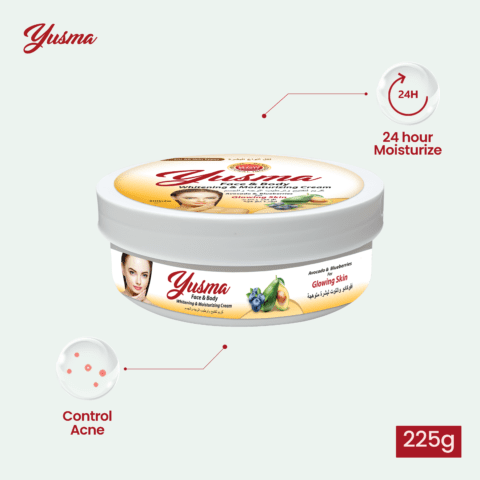
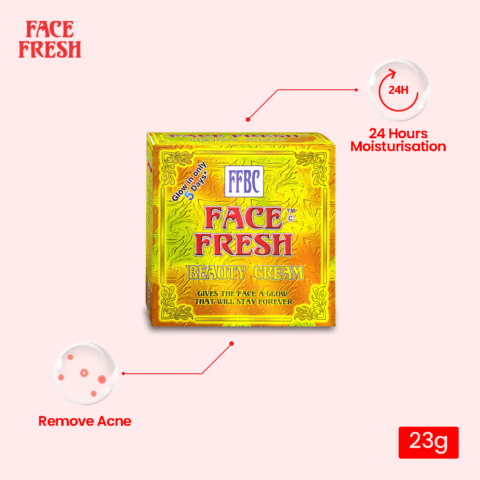
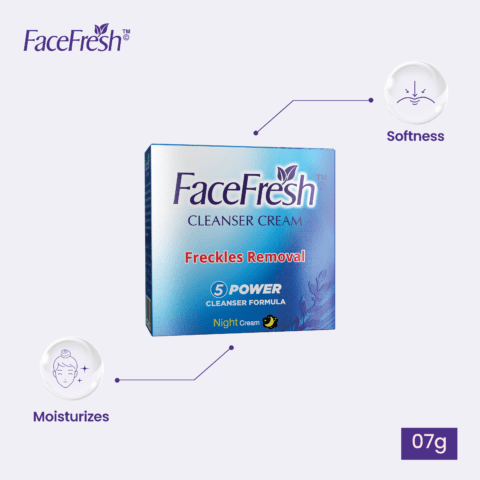
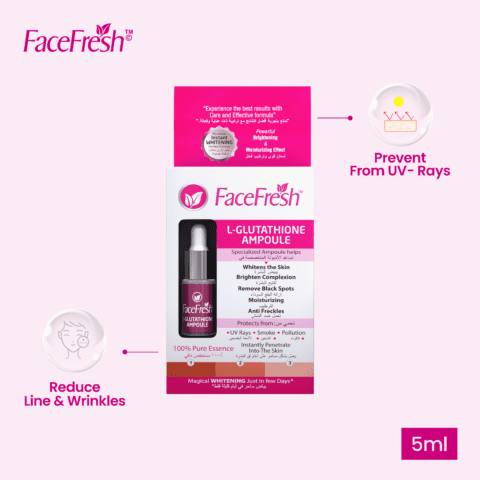
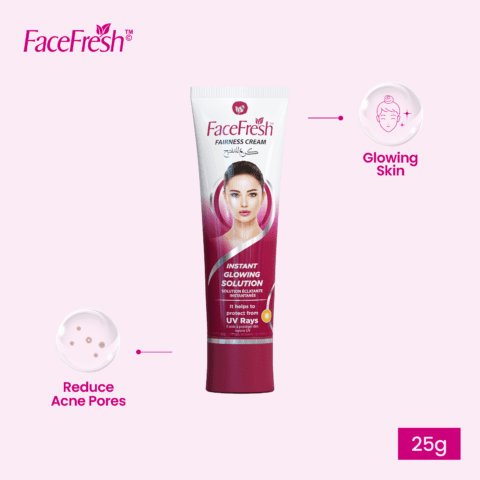
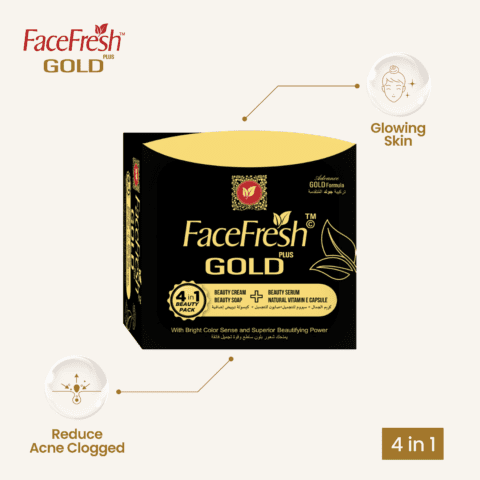
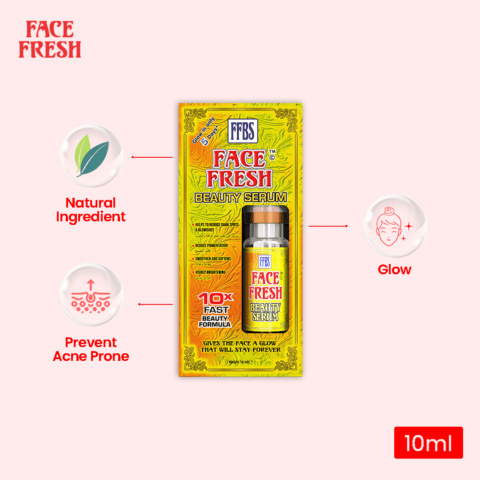
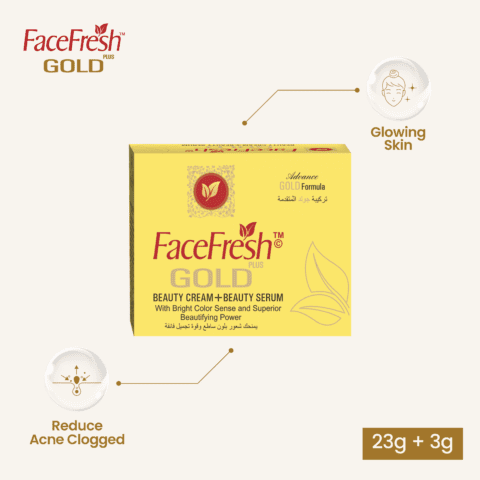
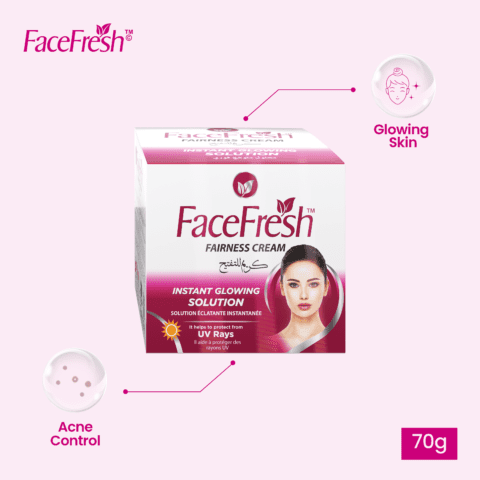
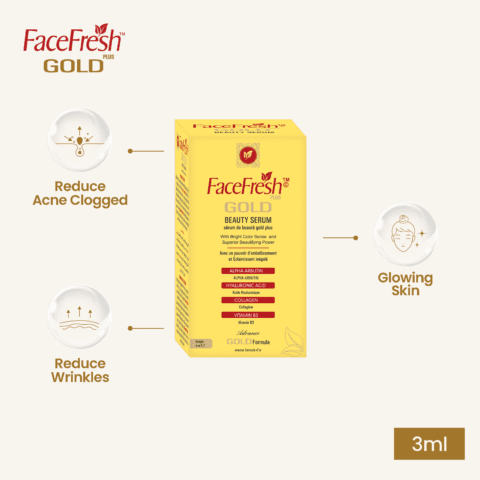

Leave a comment
Your email address will not be published. Required fields are marked *